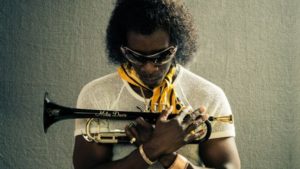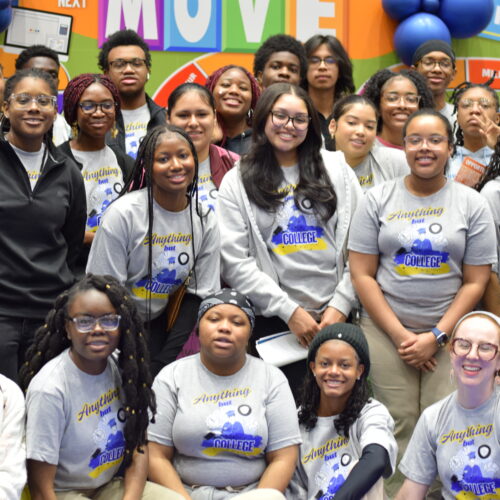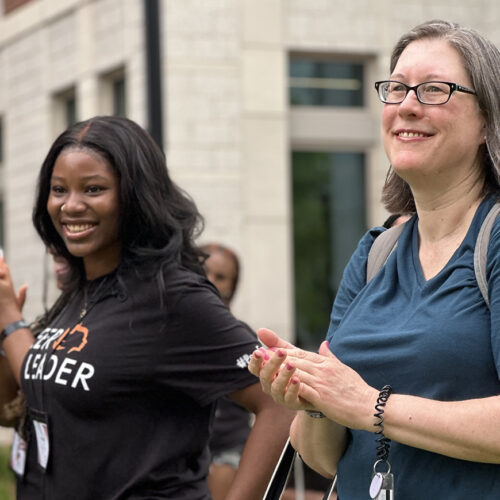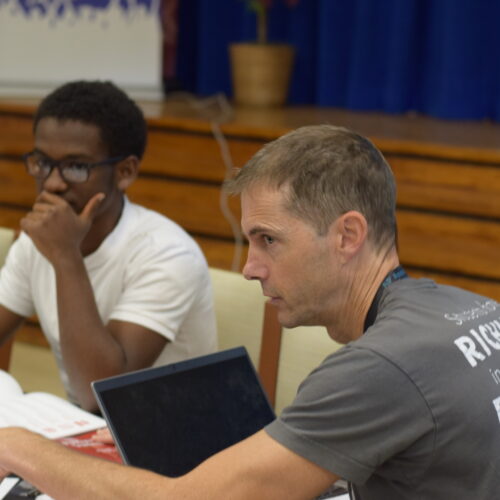
I just saw Miles Ahead, Don Cheadle’s film about Miles Davis. Notes and chords and rhythm are the building blocks of a piece of music, and a great jazz composition deconstructs them, rearranges them, spreads them out, slows them down, and speeds them up. Sort of like what a cubist painter will do to a still life. In the same way, narrative, sequence, images, light, and dialogue are the building blocks of a film. Cheadle plays with these in a similar way, making the form and content of Miles Ahead its own celluloid jazz composition.
Just as the great jazz instrumentalists become identified with their sound, in a deep and holistic way, so too does Cheadle inhabit Davis. Some have criticized the film for not being a typical biopic as it adds fictional elements to the story. But consider the biopic genre to be akin to a standard song. Criticizing Miles Ahead for not adhering to the typical biopic contours is like criticizing Coltrane for his circuitous treatment of “My Favorite Things.” You just don’t get it. But listen, and watch a few more times, and you will catch the wave.
Case in point. I love that Phil Schaap, the WKCR radio host, jazz historian, and curator, whom I listen to almost every single day, has a cameo appearance in the movie. I have no idea if Davis ever called into Schapp’s show, as depicted in the movie, nor do I care. The fact is if you love jazz, you probably have listened to Schaap on a Saturday evening, alone, and pasting him onto the life of Miles Davis makes a perfect collage.
What does this all of this have to do with our work at PeerForward? I remember once hearing Miles Davis explain how he decided to become a jazz musician. While a student at Julliard, he went downtown and met Charlie Parker and Dizzy Gillespie and heard them play their brand of bebop. Davis explained how this changed his life: “From other players, you take what you can use. You can get a direction like that when you see the right people. (He snaps his fingers.) You automatically know that’s for you, you know. In a matter of seconds, I got more schooling down there than I had in my life . . . my musical life.”
This is such a perfect description of what happens at PeerForward. Seventeen-year-olds meet PeerForward coaches at the summer workshop, and they “get a direction.” (I wish I could snap my fingers in print so you would hear that sound and understand what happens.) In a matter of days, these 17-yeard old peer leaders become, in Davis’s terms, the “right people.” They are inspired and equipped to show to the rest of their classmates how post-secondary success is the portal to a fulfilling life. Miles understood the power of influence – it changed his life, (snap), like that. And his sound changed the lives of his listeners as Miles Ahead expresses so powerfully.
Keith Frome, PeerForward CEO











